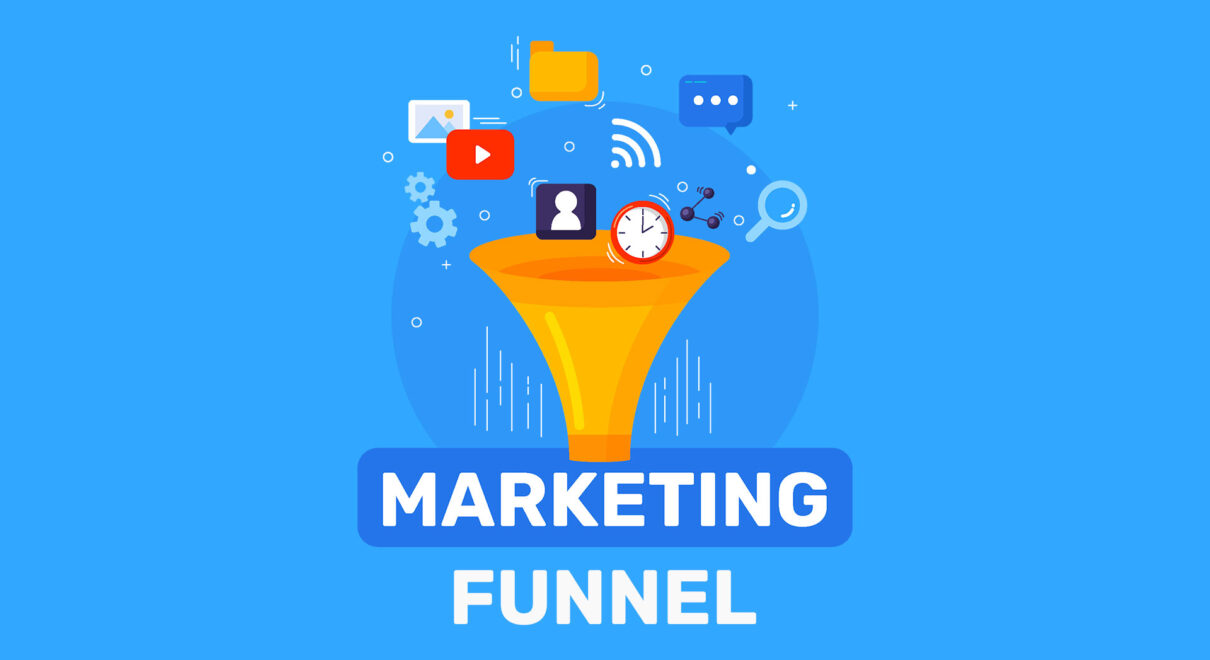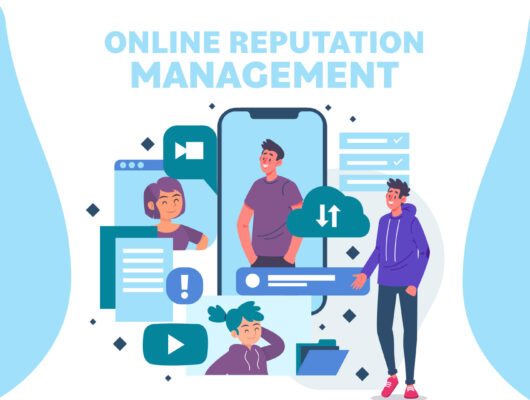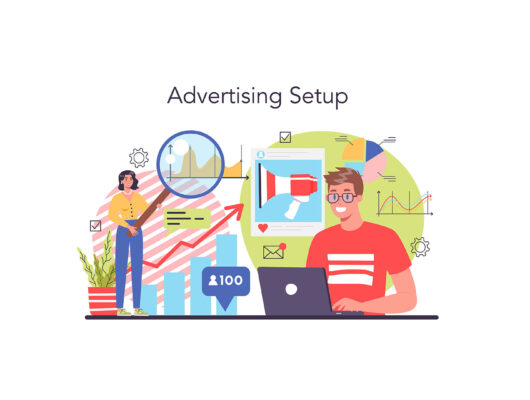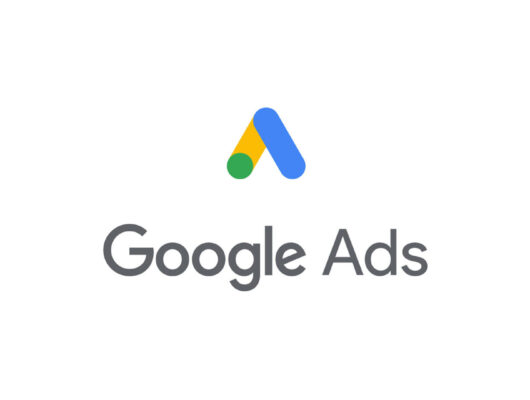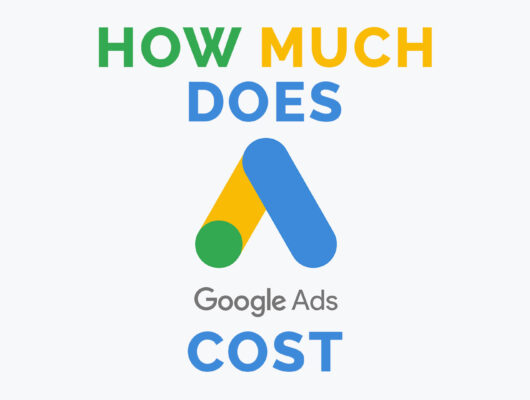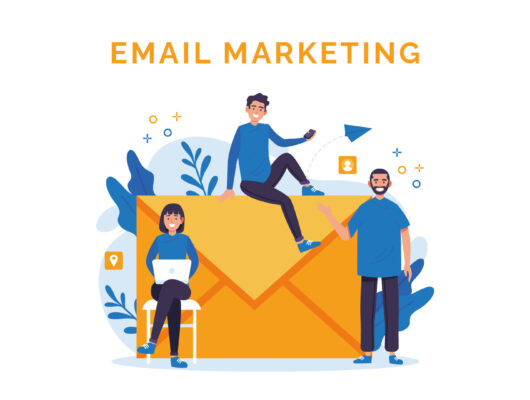In the realm of marketing, success often hinges on understanding and effectively implementing key concepts. Among these, the ‘Marketing Funnel’ stands out as a pivotal element in shaping robust marketing strategies. This article aims to demystify the marketing funnel, exploring its purpose, components, and the impact it has on guiding potential customers from awareness to conversion.
What is a Marketing Funnel?
At its core, a marketing funnel is a model that illustrates the theoretical customer journey towards the purchase of a product or service. It represents the stages a customer goes through, from initially learning about a business to the final decision of making a purchase. The funnel metaphor is used because just like a physical funnel, the customer pool narrows down through various stages, filtering out those who are less likely to make the final commitment.
Stages of the Marketing Funnel
Awareness
The top of the funnel, where potential customers are first exposed to your brand or product. This stage is about capturing attention through advertising, social media presence, content marketing, and more.
Interest
Here, customers show interest in your product or service. They are seeking more information, and this is where targeted content, email marketing, and effective communication play a crucial role.
Consideration
Customers evaluate your offerings against competitors. This stage involves nurturing leads with demos, free trials, or detailed product information.
Intent
The customer shows a clear intent to purchase. Lead scoring and personalized marketing efforts can be critical here.
Purchase
The final stage where a decision is made, and the customer completes a transaction.
Loyalty
Often added as a post-purchase stage, focusing on customer retention and loyalty through follow-ups, customer service, and loyalty programs.
Why is the Marketing Funnel Important?
Customer Insight
Understanding the funnel stages allows marketers to craft targeted strategies that cater to potential customers at each specific phase.
Resource Allocation
It aids in allocating marketing resources and efforts more effectively, ensuring the right tactics are employed at each stage.
Conversion Optimization
By analyzing the funnel, businesses can identify bottlenecks or drop-off points and optimize them for better conversion rates.
Personalized Marketing
The funnel facilitates more personalized and relevant marketing communications, increasing the chances of conversion.
Conclusion
The Marketing Funnel is an indispensable tool for crafting effective marketing strategies. By understanding and utilizing this concept, businesses can guide their potential customers through a nurturing process, from initial awareness to eventual loyalty. In today’s competitive market, mastering the marketing funnel is not just beneficial – it’s essential for success.
Want to leverage the marketing funnel for your business? Contact us to develop targeted strategies that convert leads into loyal customers.


